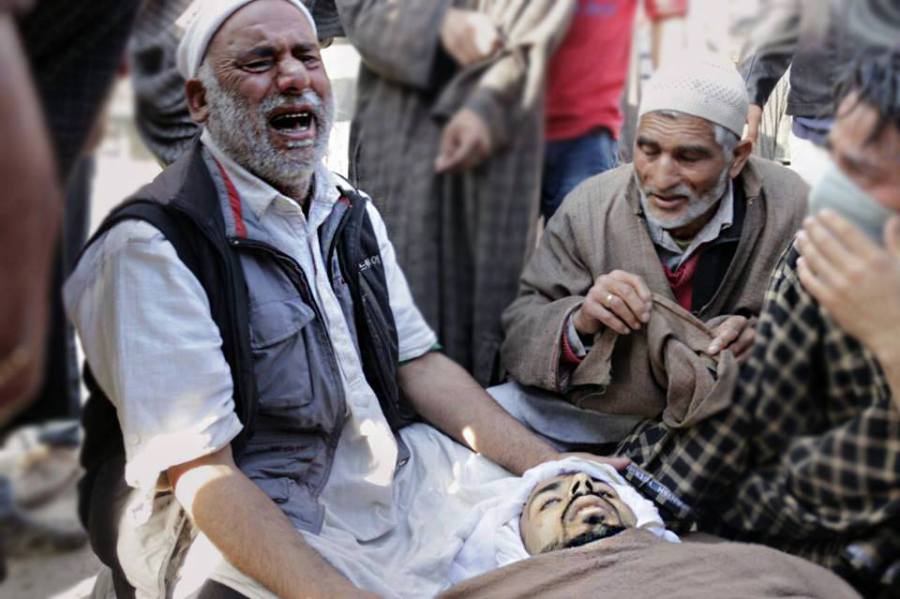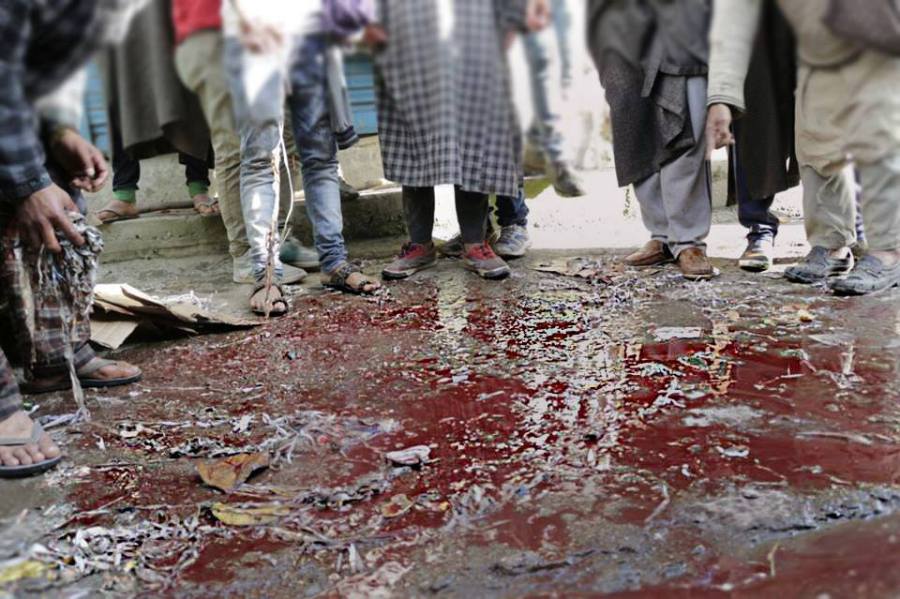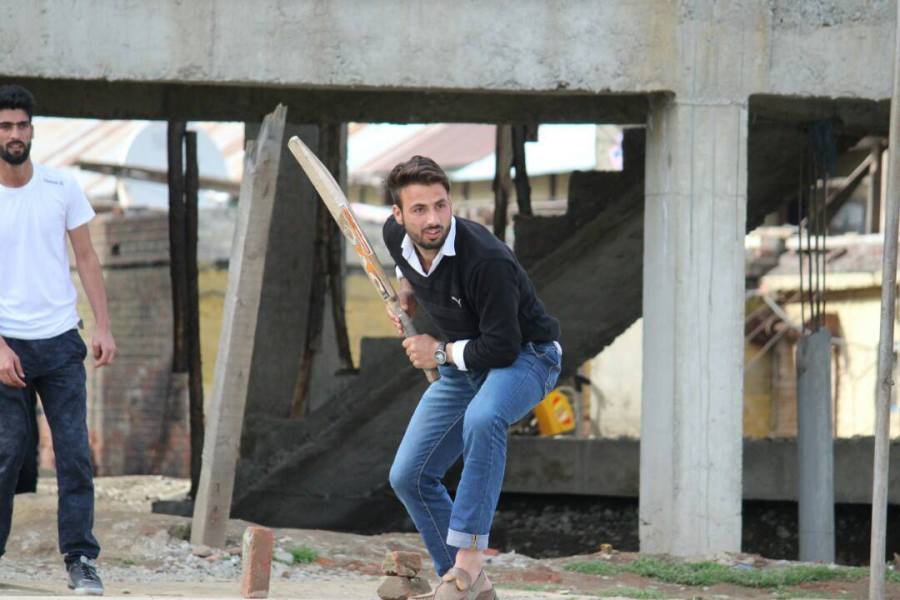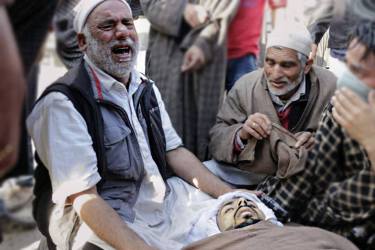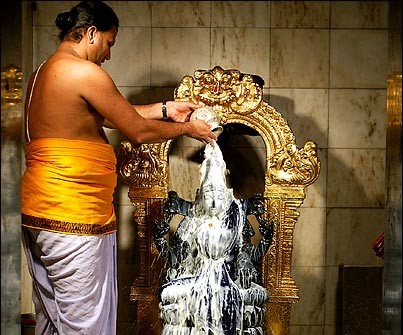
Amy Rubin
If we stopped imprisoning our emotions in industrially manufactured profit centers, desire could become an engine of social transformation.
At a recent event featuring my son’s choir in Indianapolis, I was dismayed when the director urged the audience to fill out a national “economic impact of the arts” survey that had been inserted into our concert programs. Are we still making the arts and humanities justify their existence like this? It’s a trend that emerged 20 years ago when I worked at my first arts organization at a time when Bill Clinton was elected President on the back of his famous slogan, “It’s the economy, stupid."
In the intervening years I’ve seen the business model take over more and more arts groups, universities, NGOs and even cities (aka the “city as start-upCEOS for Cities”), a process that’s been accompanied by increasing poverty and inequality, failing infrastructures and social safety nets, and systems that perpetuate war and austerity. Yet despite these failures we still cling to business-as-usual economic icons.
I turned my back on these icons long ago. Not only do I balk at creativity born in service to pragmatism (because it’s illogical as well as uninspired), but I also fear the loss of the ‘poetic’ in society—something I’ve since learned to be a gender-coded word for ‘not us,’ its power diminished to second-class status under all things feasible, fundable, scalable and profit-making.
As a social entrepreneur and a consultant to others who are trying to push the economy further in the direction of caring, equality and sharing, I’ve found it impossible to conform to what has been expected of me. Rather than sales tools, the advice I offer is purposely thoughtful and philosophical, but rejected as “too pink” by one tech incubator, so “stick to your knitting
Even the urban-creative Maker’s Movement, awash with bearded transcendentals heralding a much needed return to craft, is over-masculinized in its bias for doing and making things by artisans, tech- and tool-makers and ‘men of action.’ Meanwhile, no one is talking about the more complex, relational, change-centered, feminine equivalent called poiesis or the craft of the imagination. No concrete outputs or return on investment? You’re fired!
We are inundated daily with images of balloonishly inflated boobs, untemptingly taut torsos and artificially outsized arses or the opposite—skeletal legs and faces. This isn’t erotic, it’s neurotic, cartoonish and grotesque. These cultural fetishes are junk food, offering a momentary mirage of satisfaction but in the longer term sexually malnourishing.
All of which has made me lean out still further in my attempts to prepare for a radically different economy, but what language should I be using to describe it? ‘Poetic’ sounds fine to me but seems ‘too feminine’ to others, but then I listened to American author and activist Audre Lorde and that’s when it hit me: the erotic economy is really what we need.
“The very word erotic comes from the Greek word eros,” she writes, “the personification of love in all its aspects—born of Chaos, and personifying creative power and harmony…it has become fashionable to separate the spiritual (psychic and emotional) from the political, to see them as contradictory or antithetical. What do you mean, a poetic revolutionary, a meditating gunrunner?”
Of course, well trained by mainstream economy’s consumer and capitalist underpinnings, a phrase like eroticeconomy is bound to turn our thoughts to the sex industry, pornography and adult entertainment or, perhaps even worse, to the dreary notion of sexual capital – a dark, asset-based perspective on erotic power.
We are inundated daily with images of balloonishly inflated boobs, untemptingly taut torsos and artificially outsized arses or the opposite—skeletal legs and faces. This isn’t erotic, it’s neurotic, cartoonish and grotesque. These cultural fetishes are junk food, offering a momentary mirage of satisfaction but in the longer term sexually malnourishing. If you’re like me, you are sick of these dehumanizing cultural phenomena: tired Kardashian tropes about what is sexy and the constant application of the word capital to human beings who are used, exchanged and depleted in the process.
But we don’t have to think this way. Here’s Lorde again
“Once we begin to feel deeply all the aspects of our lives, we begin to demand from ourselves and from our life-pursuits that they feel in accordance with that joy which we know ourselves to be capable of. Our erotic knowledge empowers us, becomes a lens through which we scrutinize all aspects of our existence, forcing us to evaluate those aspects honestly in terms of their relative meaning within our lives. And this is a grave responsibility, projected from within each of us, not to settle for the convenient, the shoddy, the conventionally expected, nor the merely safe.”
Unfortunately, conventional economics does just that—settling for the convenient, shoddy and expected by focusing on private profits and the financial bottom line. What’s missing is creative tension, a vital and free interplay between forces, people, ideas, exchanges, colors, genders, sexualities and intellects, brimming with hopeful and authentic purpose and satisfaction.
Perhaps it’s no coincidence that the depths of economic reductionism parallel the heights of capitalism’s hubris. After all, a recent Presidential ‘debate’ between Republican contenders in the USA featured Donald Trump comparing his genitals with those of a group of fellow frat boys. Definitely not erotic.
What Lorde is saying, it seems to me, is that “erotic knowledge” in the deeper and richer sense provides a radically different foundation for politics and the economy, and one that has some strong historical precedents. For example, less than a year after the Triangle Shirtwaist fire of 1911 in which more than 100 young women perished in New York, the Bread and Roses textile strike in Lawrence, Massachusetts galvanized the international labor movement by refusing “an economistic approach that reduced the question of justice to the fulfillment of bare needs
Instead, their campaign slogan—“We need bread, but we need roses, too”—challenged the prevailing notion of a ‘hierarchy of needs’ by placing human dignity and creativity at the same level as physiology. As a sustainable apparel entrepreneur, I’m keenly aware that just over a century later in 2013, more than 1,100 people died in the Rana Plaza garment factory collapse in Dhaka, Bangladesh, where many American clothing companies manufactured cheap, fast fashion. In the process, people of relative privilege in one part of the world made themselves look sexy in exchange for the blood, trauma and lives that were lost elsewhere. This is the opposite of a true, erotic economy.
In the existing scheme of things, people are objectified in a system that’s invested in making sure that we dress, act, perform and compete in the public arena as economic units, while keeping our erotic power silenced in private isolation. The conventional economy manipulates and manufactures our desires; it doesn’t liberate them to be used in processes of transformation as Lorde demands.
That sort of transformation starts with the moral and aesthetic desire to design a better system that reflects our highest ideals. Then it provides a structural platform made up from a basic income, fair labor and wealth distribution, and social-safety nets on which people can be free to learn, contribute, care and create rather than to compete, leverage and destroy. An erotic economy like this would underwrite and unleash everyone’s creativity and capacity for living, re-imagining economics not as a manipulative and mechanistic game but as a humanly crafted means to liberation.
In my own work I’m trying to put these ideals into practice by creating a radically different incubator called the Imaginarium, which aims to honor and nurture the value of poetic, creative and erotic elements in new start-ups. I envision a free, local community platform for discussion, engagement, and the development of ideas, which will help to reclaim the human capacity for free thinking and imagination.
The erotic economy is a yin economy, a full inversion of everything we currently believe about economics, driven not by unsexy abstract dollars and cardboard men in suits but by human beings who fulfill their unique capacities for inquiry, inventiveness, experimentation, emotion, love, empathy and free expression. If these things can be made into our common currency instead of money and shareholder value, then true wealth might be available to all, even to those who are already financially well-off.
If we stopped imprisoning our emotions in industrially manufactured profit centers and let them permeate our entire human enterprise, desire will be ours again. The erotic economy could be a supremely renewable form of energy and an engine of social transformation.
This article was published on Open Democracy.

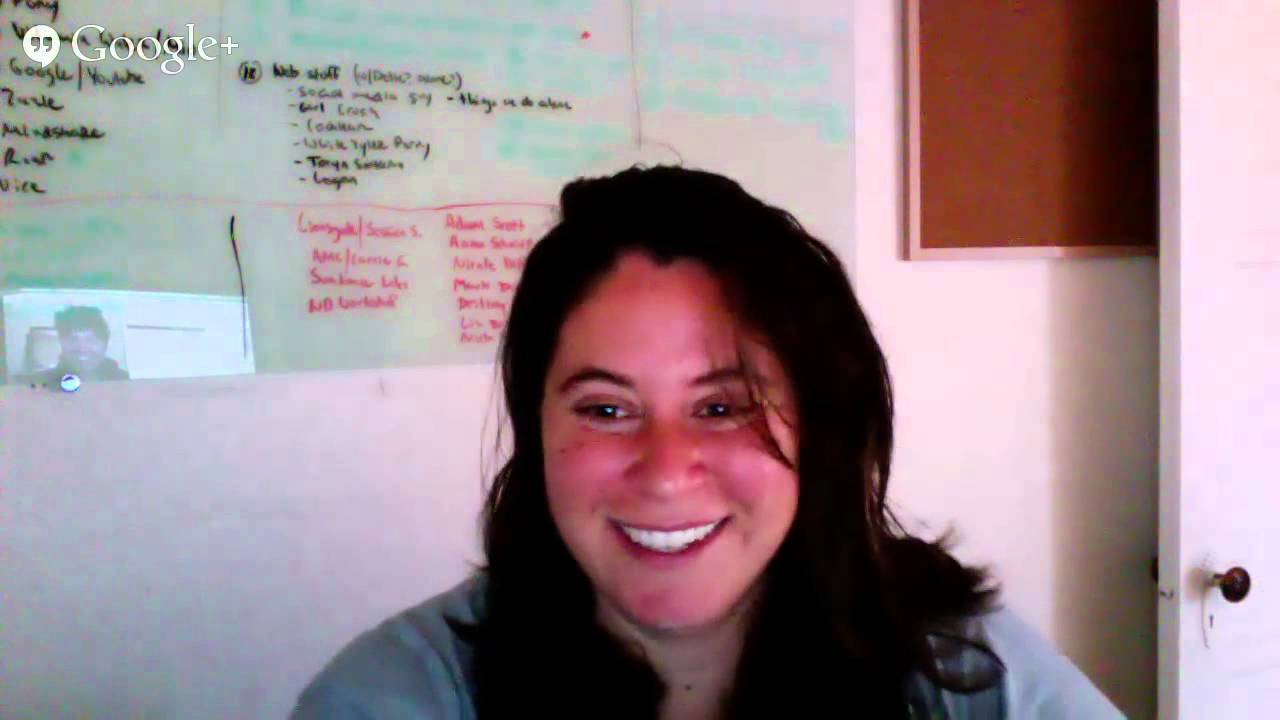
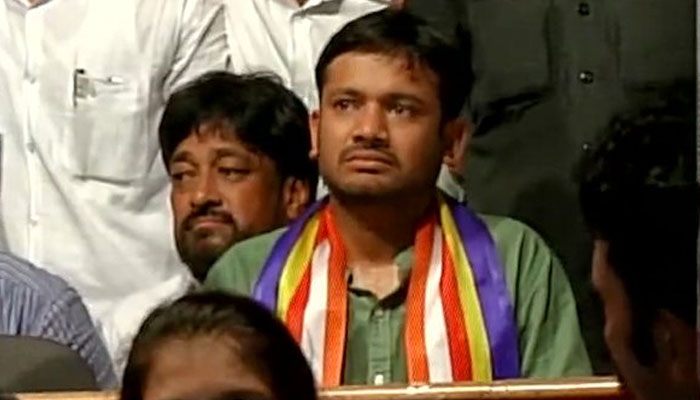
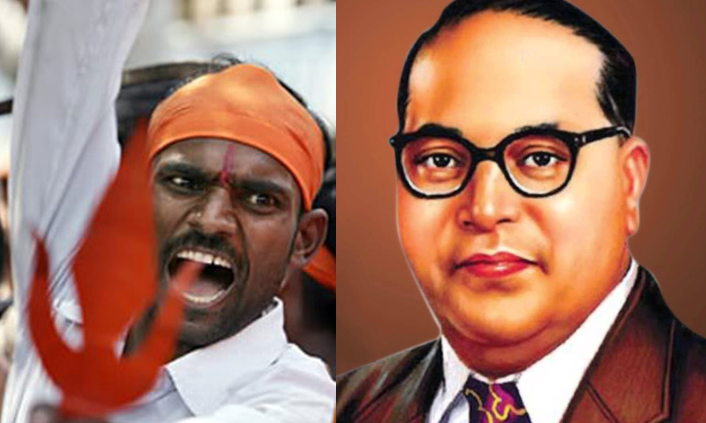
.jpg)
